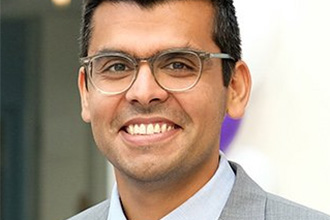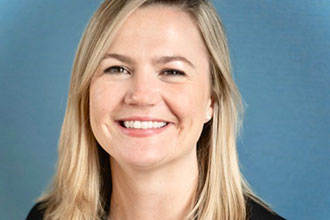Study examines how Ontario family doctors charge for uninsured services

By Ana Gajic

Dr. Danyaal Raza
Sick notes, form completions, prescription renewals outside of a doctor’s visit: these are some of the services that patients across Ontario sometimes have to pay for outside of OHIP-covered care.
Family doctors can charge for these services because they are not part of “medically necessary” services, as defined by the province. A new study led by St. Michael’s Hospital and Columbia University aimed to uncover how these services are paid for across Ontario.
“Charging for medically unnecessary services is not a new practice but there has been a shift from paying for services on an ‘à la carte’ basis to so-called ‘block fees,’” said Dr. Danyaal Raza, a Family Physician at the St. Michael’s Academic Family Health Team and the study’s co-lead.
A block fee is an optional, annual fee that covers all uninsured services in a year that would otherwise be charged as the patient needed them, or on an à la carte basis.
The study team consulted with a sample of 166 family health practices across the province. They found that one in five of the Ontario family doctors surveyed offered patients the option of either paying a block fee or paying à la carte, while almost three in five charged à la carte only and 11 per cent charged no fees at all for uninsured services. The average annual block fee rate was $106 per individual and $194 per family.

Dr. Jamie Daw
“For patients who do pay block fees, the typical fee for an individual is not an insignificant amount,” said study co-lead Dr. Jamie Daw, Assistant Professor at Columbia University’s Mailman School of Public Health.
“The average Canadian spent $972 out of pocket on health care expenses in 2016. That could include dental care, prescription drugs, counselling or eyeglasses. The typical block fee in Ontario represents about 10 per cent of that amount.”
Dr. Raza said this study was a first attempt to “crack open the black box of fees for uninsured services.”
“How block fees are communicated to patients, how many patients actually choose to pay block fees, and how patients perceive the effect of these fees on their access to care are all open questions for potential further study,” he said.
Dr. Raza serves as the volunteer Board Chair of Canadian Doctors for Medicare.
About St. Michael’s Hospital
St. Michael’s Hospital provides compassionate care to all who enter its doors. The hospital also provides outstanding medical education to future health care professionals in more than 27 academic disciplines. Critical care and trauma, heart disease, neurosurgery, diabetes, cancer care, care of the homeless and global health are among the Hospital’s recognized areas of expertise. Through the Keenan Research Centre and the Li Ka Shing International Healthcare Education Centre, which make up the Li Ka Shing Knowledge Institute, research and education at St. Michael’s Hospital are recognized and make an impact around the world. Founded in 1892, the hospital is fully affiliated with the University of Toronto.
About Unity Health Toronto
Unity Health Toronto, comprised of Providence Healthcare, St. Joseph’s Health Centre and St. Michael’s Hospital, works to advance the health of everyone in our urban communities and beyond. Our health network serves patients, residents and clients across the full spectrum of care, spanning primary care, secondary community care, tertiary and quaternary care services to post-acute through rehabilitation, palliative care and long-term care, while investing in world-class research and education. For more information, visit www.unityhealth.to.
